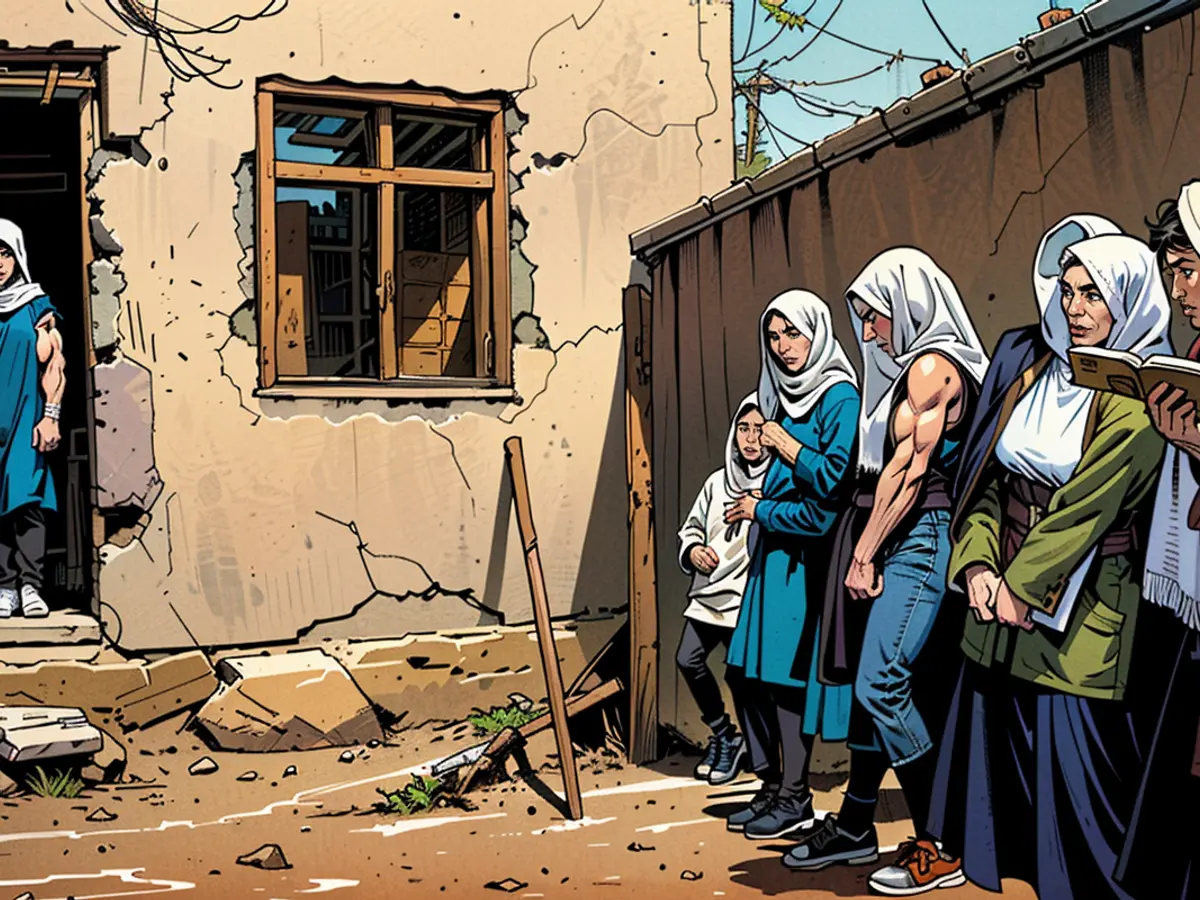Fundamental freedoms and dignity of all human beings. - Afghan girls denied access to higher education for over 1000 days.
In Afghanistan, it's been over 1,000 days since girls have been allowed to attend higher education, as reported by the United Nations Children's Fund (UNICEF).
UNICEF's Executive Director, Catherine Russell, expressed her concern by saying, "For more than 1.5 million girls, this systematic exclusion is an obvious violation of their right to education, and it results in fewer opportunities and a deterioration of mental health."
When the Taliban gained control in August 2021, they shut down schools for girls starting from the seventh grade and prohibited women from attending universities. According to Russell, the ongoing education ban has devastating effects. "It intensifies the ongoing humanitarian crisis and carries serious implications for Afghanistan's economy and future development."
Previously, the Taliban claimed they would only temporarily halt education for older girls until certain prerequisites were met. Yet, no steps have been taken towards this goal.
Lately, some influential Taliban officials have advocated for the education of women. In certain regions, girls and women above the age of twelve are permitted to attend religious schools, as well as institutions focusing on midwifery and nursing.
Russell urges the authorities in Kabul to allow girls and women to continue their education. Additionally, she insists that the entire global community should continue to help and support women and girls in this region. "A country's progress can't move forward if half of its population is left behind."
Read also:
- In response to this issue, Catherine Russell, the head of UNICEF, has called upon the government in Kabul to respect the human right of education for all Afghan girls and women.
- The USA, being a strong advocate for women's rights, has also voiced its concern over the Taliban's takeover of power and its impact on the education of women in Afghanistan.
- Notwithstanding the Taliban's claim to only temporarily halt higher education for older girls, the UN, with its commitment to human rights, continues to monitor and push for change.
- The UN, in its mission to uphold the fundamental rights of every child, has denounced the Taliban's ban on girls' education in Afghanistan, which has had detrimental consequences on their mental health and future prospects.
- The situation in Afghanistan has been a focal point of discussion at the United Nations in New York, with world leaders expressing their concerns about the violations of the human right to education for women.
- The UN Children's Fund (UNICEF) has been at the forefront of advocating for the reintegration of girls into schools and universities in Afghanistan, acknowledging the crucial role education plays in the development of any nation.
- As the situation in Afghanistan evolves, it is imperative for the international community, particularly the UN and UNICEF, to remain steadfast in their support for human rights, gender equality, and girls' education in the region.








